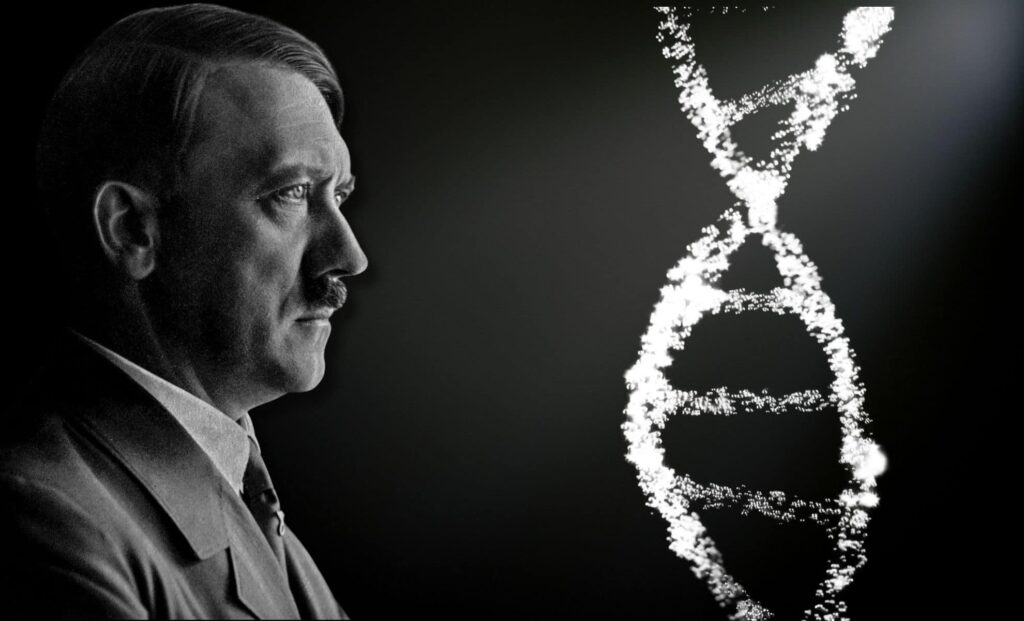The documentary’s most striking discovery is that Hitler likely suffered from Kallmann syndrome, a rare genetic disorder that affects puberty and can result in underdeveloped sexual organs. A piece of bloodstained fabric from Hitler’s suicide in 1945 was used to sequence his DNA, leading to a match with a male-line relative and confirming a history of physical and mental health issues.
While the results are scientifically significant, they raise complex ethical questions about whether delving into Hitler’s genetics can truly explain his actions or simply fuel dangerous stigmas about certain medical conditions.
Hitler’s Sexual Health and Kallmann Syndrome
The documentary’s DNA analysis reveals that Hitler almost certainly had Kallmann syndrome, which prevents the normal progression of puberty and is linked to underdeveloped sexual organs. According to Professor Turi King, the lead geneticist on the project, this syndrome is often associated with undescended testicles and, in some cases, a micropenis. Hitler’s 1923 medical examination confirmed that he had an undescended testicle, providing further evidence for this diagnosis.
The condition likely contributed to Hitler’s sexual dysfunction, which has long been speculated but never definitively confirmed. The fact that he never married or had children, despite his advocacy for large Aryan families, has often been seen as unusual in comparison to other Nazi leaders.

According to historian Alex J. Kay, the findings could help explain Hitler’s “unusual devotion to politics,” as his physical condition may have contributed to his obsessive focus on the state rather than on personal relationships.
The Debate Over Mental Health
The documentary also presents evidence that Hitler may have had a genetic predisposition to several mental health conditions. Polygenic risk scores, which estimate the likelihood of developing certain mental health traits, indicate that Hitler was at a high genetic risk for ADHD, autism, bipolar disorder, and schizophrenia.
According to psychiatric geneticist Professor Ditte Demontis, Hitler’s genetic score for schizophrenia places him among the top one percent of the population for the condition, a finding that has sparked intense debate.


However, experts like Dr. Michael Fitzgerald caution that genetic predispositions alone cannot explain the dictator’s behavior. The documentary highlights that mental health conditions do not inherently lead to violence or cruelty, a sentiment echoed by psychologists like Professor Simon Baron-Cohen, who warns against stigmatizing those with these diagnoses.
Dispelling Myths: Hitler’s Ancestry
Another key revelation from the documentary is the debunking of persistent rumors about Hitler’s Jewish ancestry. For decades, speculation has circulated that Hitler’s grandmother may have been impregnated by a Jewish man, leading to rumors that the dictator had Jewish blood. However, the DNA analysis confirmed that Hitler had no Jewish ancestry, settling the debate once and for all.
Historian Alex J. Kay notes that these rumors were likely fueled by political motivations during Hitler’s rise to power, as he worked to craft a public persona of racial purity. The DNA findings not only confirm that Hitler’s paternal lineage was consistent with the family history he publicly provided but also put to rest a myth that had lingered for nearly a century.

